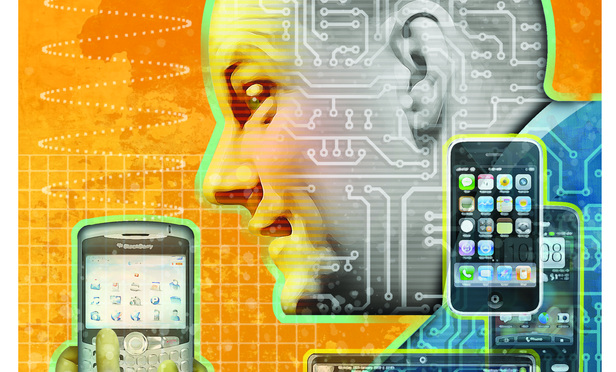If you think about it, we can all thank Santa Claus for the “Bring Your Own Device” (BYOD) reality we experience today. It all started several years ago when employees got cool iPads and new iPhones for Christmas. They just couldn’t leave their new toys at home. There were so many new ways to work—touching up presentations, checking email, jotting notes, texting colleagues and the like. It’s no wonder that when employees asked to use their Apple, Samsung or LG personal devices for work, many corporations said, “Why not? This Is Great! Employees Will Work 24/7!”
At first this seemed like a great idea. Employees have their personal devices with them all the time. They’ll check work emails at all hours—even while watching their favorite nighttime TV shows at home. Companies reasoned that productivity and morale would both go up. So away they went to craft nascent BYOD policies to make sure that the company data was secure and work email accounts were properly connected to the work email server and so on. Yet the duties to preserve data and collect information from personal devices for e-discovery purposes were rarely considered in the initial policy-making.
This content has been archived. It is available through our partners, LexisNexis® and Bloomberg Law.
To view this content, please continue to their sites.
Not a Lexis Subscriber?
Subscribe Now
Not a Bloomberg Law Subscriber?
Subscribe Now
LexisNexis® and Bloomberg Law are third party online distributors of the broad collection of current and archived versions of ALM's legal news publications. LexisNexis® and Bloomberg Law customers are able to access and use ALM's content, including content from the National Law Journal, The American Lawyer, Legaltech News, The New York Law Journal, and Corporate Counsel, as well as other sources of legal information.
For questions call 1-877-256-2472 or contact us at [email protected]



